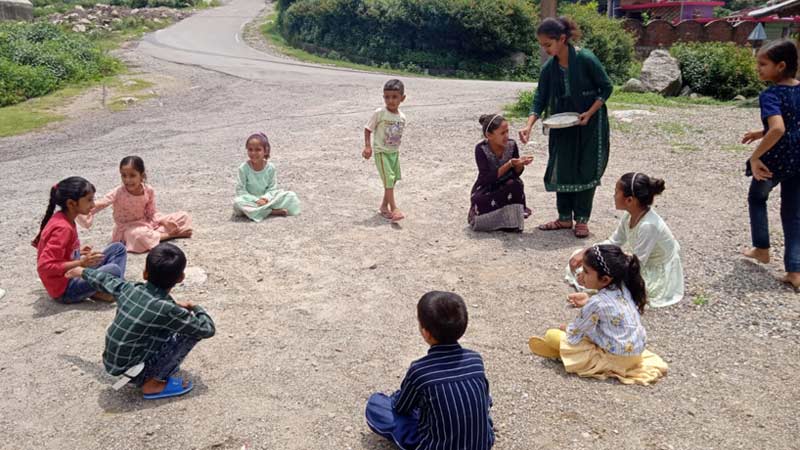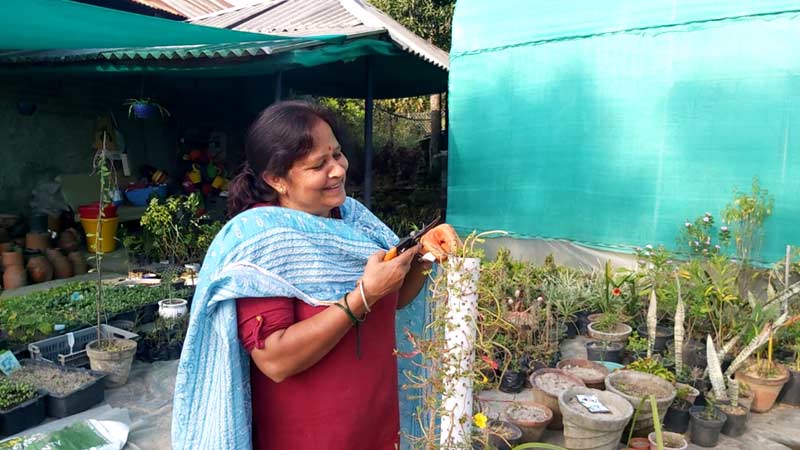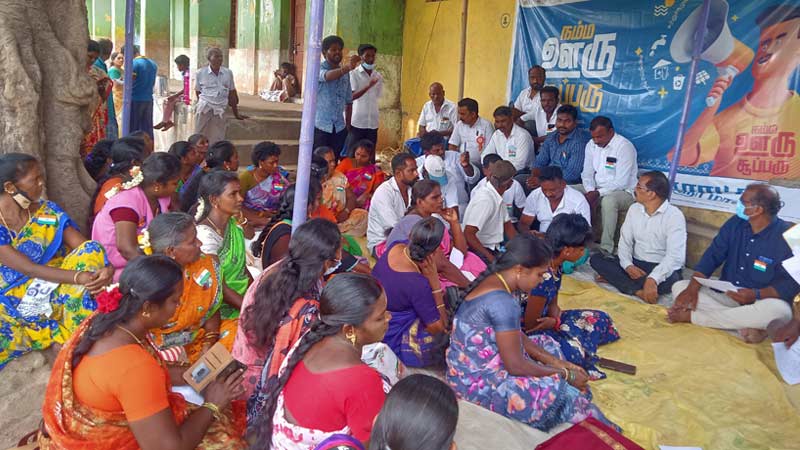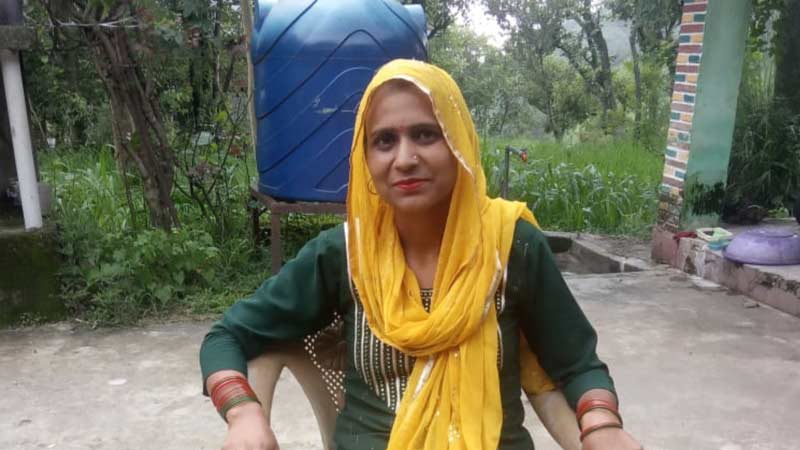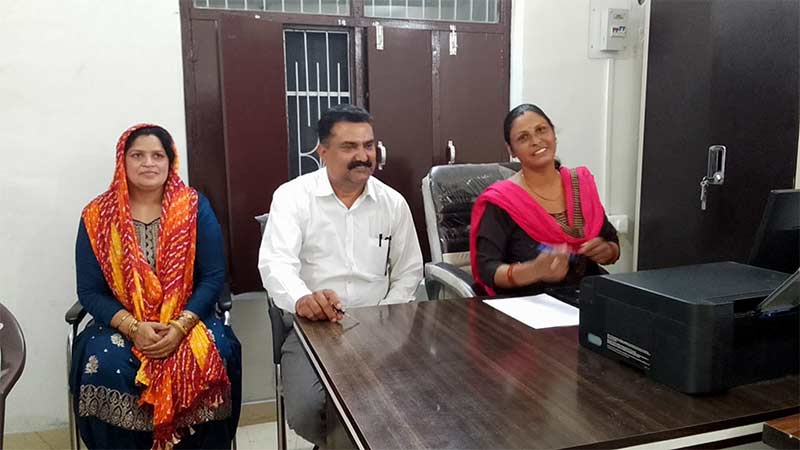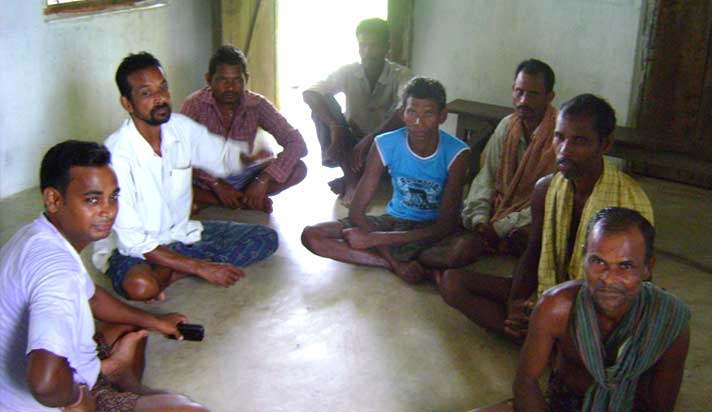Strengthening the grassroots by addressing local needs
Bringing positive change to the lives of rural women and their families, while building stronger relationships with local governing bodies
Strengthening the grassroots by addressing local needs
Bringing positive change to the lives of rural women and their families, while building stronger relationships with local governing bodies
Strengthening the grassroots by addressing local needs
Bringing positive change to the lives of rural women and their families, while building stronger relationships with local governing bodies
Celebrating the change-making potential of inspirational women who make rural India
At CORD, we are deeply committed to building strong and self-sufficient rural communities by enabling women-led ownership and leadership while providing access to education, healthcare, and economic opportunities. Our work has been instrumental in creating a women’s movement that has brought about significant positive change, helping women lead their communities, and contribute to the betterment of society as a whole.
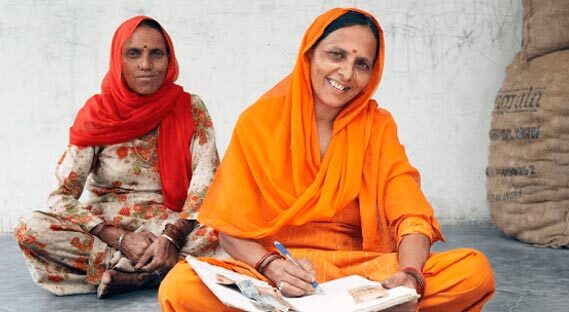
Collaborating with local communities for self-sustaining development
Our model of ward-based CBOs mainstreams rural communities, with CBO women serving as nodes collectively and systematically, thereby strengthening the PRI (Panchayati Raj Institution). Each community-based organization (CBO) is developed on a ward-by-ward basis, based on the local self-government structure – Panchayat. This approach also encourages greater participation in local self-government, beginning with the Up-gram Sabha in each ward and culminating in the Gram Sabha.
The structural and operational design of CBOs intentionally aims to integrate grassroots communities with the constitutionally recognized PRI, without establishing a parallel structure. By doing so, the CBO seeks to promote community involvement in decision-making and to foster collaboration with the broader governance structure.
Our approach to participatory development
Our four-key principle pillar model reflects our commitment to participatory development. By engaging the community at every stage of the decision-making process, we ensure that their needs, priorities, and potential solutions are taken into account.
Through our PISNA (Participation, Integration, Sustainability, and Networking) approach, we’ve enhanced access to vital services like clean water, sanitation, healthcare, education, and sustainable livelihoods. Additionally, we’ve elevated marginalized groups, including people with disabilities, single women, and the elderly, to the forefront.
Participation
We encourage participants to recognize their own potential and actively participate in community development with a humble learning attitude with best practices and insights to foster collective action.
Integration
We integrate interventions from within a specific sector as well as interventions from related sectors, resulting in inter-sector collaboration.
Sustainability
We prioritize developing capacity building for leaders and communities to make collective decisions, assume responsibilities, and adapt programs for long-term sustainability.
Networking
We encourage networking and collaboration among rural residents, various groups within villages, government agencies, and other stakeholders. This allows for better use of resources and resolving issues more quickly.
Bringing lasting change to rural communities with continued efforts
Lasting change takes time and requires sustained efforts, which is why the impact we have had so far motivates us to do much more. We are deeply grateful for the opportunity to work with rural communities. We will continue to mobilize all means, empowering them to take ownership of their development and create a brighter future for themselves and future generations.
